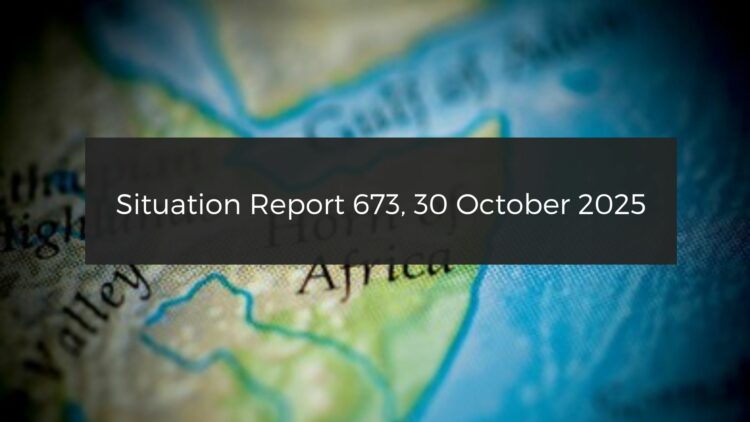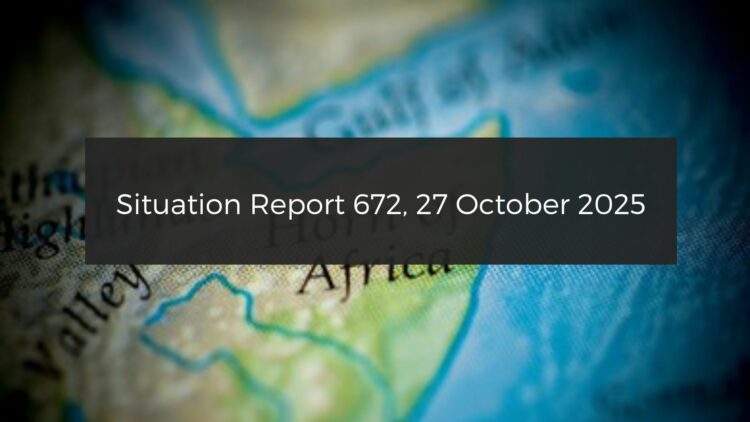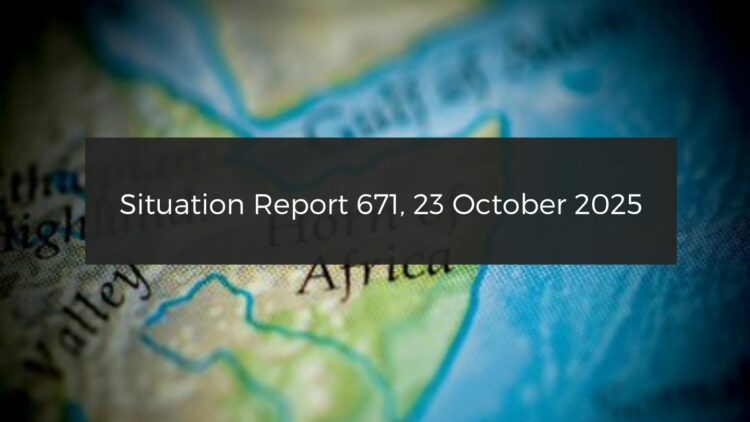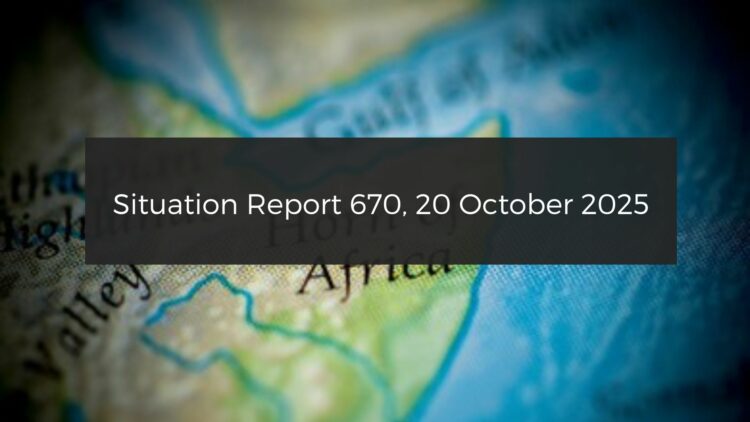By Benoit Lannoo* Antwerp | 5 November 2025 (IDN) – While President Ilham Aliyev of Azerbaijan is ramping up his claim to the neighbouring country again, the conflict in Armenia between the government of Nikol Pashinyan and the Armenian Apostolic Church continues to fester. In recent weeks, Garegin II celebrated the 26th anniversary of his […]
Situation Report Special: Court hears testimonies of brutal sexual abuse and punishment under Walid; “You are not the first who begged me to stop”
The summary of Day 1 & Day 2 of the hearing can be accessed on EEPA website. Walid hearing: Summary of Day 3 (per 5 November 2025) Day 3 of the court hearing in the case of alleged human trafficker Tewelde Goitom “Walid” has brought more witness testimonies read out by the presiding judge. As […]
SITUATION REPORT SPECIAL – WALID HEARINGS No. 675 – 4 November 2025
Walid hearing: Summary of Day 2 (per 4 November 2025) Day 2 of the substantive hearing in the case of the alleged Eritrean human trafficker Tewelde Goitom known as “Walid” took place in Zwolle, the Netherlands, today. Walid was present in the court room, represented by his lawyers, Jordi L’Homme and Simcha Plas. The presiding […]
Situation Report Special: Dutch court allows full trial of alleged Eritrean trafficker “Walid”
Announcement: This month, we will bring you special Situation Reports on the substantive hearings in the ‘Walid case’ concerning Human Trafficking for Ransom from Eritrea through Ethiopia, Sudan and Libya, held in The Netherlands Walid hearing background (per 3 November 2025) Substantive hearings have started today, 3 November 2025, in the case against the alleged […]
Situation Report Horn of Africa: Mass killings by RSF in El Fasher
Situation in Sudan (per 30 October) About 2,000 civilians are estimated to have been killed by the Rapid Support Forces (RSF) in El Fasher, North Darfur, since it captured the city over the weekend. The mass killings were reportedly ethnically motivated, with reports of horrific atrocities including burning and burying people alive, stated the Preliminary […]
Trial against alleged Eritrean trafficker ‘Walid’ will start in The Netherlands on 3 November
Substantive hearings are about to begin in Zwolle, the Netherlands, in the important case against Eritrean national Tewelde Goitom (also known as “Walid” / “Welid”). The hearings are set to run across the month of November. Walid is accused of leading an international criminal network that detained, tortured, raped and extorted Eritrean refugees in Libya. […]
Situation Report Horn of Africa: SAF headquarters in El Fasher fall to RSF
Situation in Sudan (per 27 October) The Rapid Support Forces (RSF) took control of the 6th Infantry Division headquarters in El Fasher, North Darfur, which was the last major stronghold of the Sudanese Armed Forces (SAF) in Darfur. Various media have confirmed the authenticity of videos showing RSF fighters inside the army base. SAF and allies […]
Situation Report Horn of Africa: RSF attacks Khartoum airport
Situation in Sudan (per 23 October) The international airport in Khartoum was attacked by Rapid Support Forces (RSF) drones over three days between Tuesday and Thursday. The airport, controlled by the Sudanese Armed Forces (SAF), was due to reopen on Wednesday after being closed for over two years. Abdel Fattah al-Burhan, SAF leader, visited the […]
Trump’s CIA and Its Practices
By Jonathan Power* LUND, Sweden | 21 October 2025 (IDN) — In Charles Dickens’s novel “A Tale of Two Cities”, set during the French revolution of 1789, he draws the character of Madame Defarge. She along with other members of the Tricoteuse, the knitting women, perch every day next to the guillotine, knitting into hats […]
Situation Report Horn of Africa: BNP Paribas found liable for Sudan atrocities
Situation in Sudan (per 20 October) A drone strike in Al-Mazroub, North Kordofan State, killed Paramount Chief Suleiman Jaber Jumaa Sahl and ten senior elders of the Arab Majaneen tribe and wounded 15 others. Witnesses state that the drone targeted a tribal leadership meeting at the Majaneen headquarters. The drone strike took place in an […]







